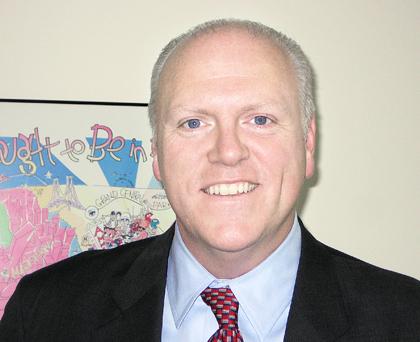By Howard Koplowitz
As the health care debate heats up, Congress is addressing a bill co-sponsored by U.S. Rep. Joseph Crowley (D-Jackson Heights) that would create an independent institute to study which health care treatments work.
The Comparative Effectiveness Research Act of 2009, sponsored by Crowley and 13 other congressmen in the U.S. House of Representatives, would direct the institute to focus more on what treatments are effective rather than how much they cost.
The institute would be funded through $1.1 billion in stimulus money.
Former Democratic California congressman Tony Coelho, head of the Partnership to Improve Patient Care, a group lobbying Congress to pass the House version of the bill, said comparative effectiveness research would “produce unbiased information that would be helpful for doctors and patients.”
The Partnership to Improve Patient Care is a client of the Parkside Group, a Manhattan-based political consulting and lobbying firm that has worked on a number of Queens campaigns.
Under the bill, a private institute would be the key decision-maker, with the government, patients and doctors also at the table, Coelho said.
“What we’re concerned about is if the federal government controls it, then some bureaucrat will decide what health care is provided to you as a patient,” he said. “What we want to do is make sure we have doctors and patients involved.”
If the measure passes, the institute would be a place patients could turn to for information on which treatments work best for them. Currently, Coelho said, health insurance companies will tell patients they do not have the latest data and therefore could not approve a treatment that is costly.
Three House committees are reviewing the bill while the Senate Labor Committee is working on its version. Both are not yet finalized, but should be done by the end of the month, Coelho said.
“It’s very active right now,” he said.
Within the health care debate, there are different schools of thought on comparative effectiveness research. Some congressmen continue to say government should have the main decision while others do not think CER should be adopted altogether.
The bill is coming under attack from HMOs because of its focus on what works instead of cost, meaning paying out claims would be more expensive if a particular treatment is effective but pricier.
When asked how much of an obstacle that lobby would be in getting the bill passed, Coelho said, “Michael and Joe have a role to play here,” referring to Crowley and U.S. Rep. Michael McMahon (D-Staten Island), the two co-sponsors of the bill from the city. “They have decided to side on the rights of patients and that’s great.”
Reach reporter Howard Koplowitz by e-mail at hkoplowitz@cnglocal.com or by phone at 718-229-0300, Ext. 173.


































